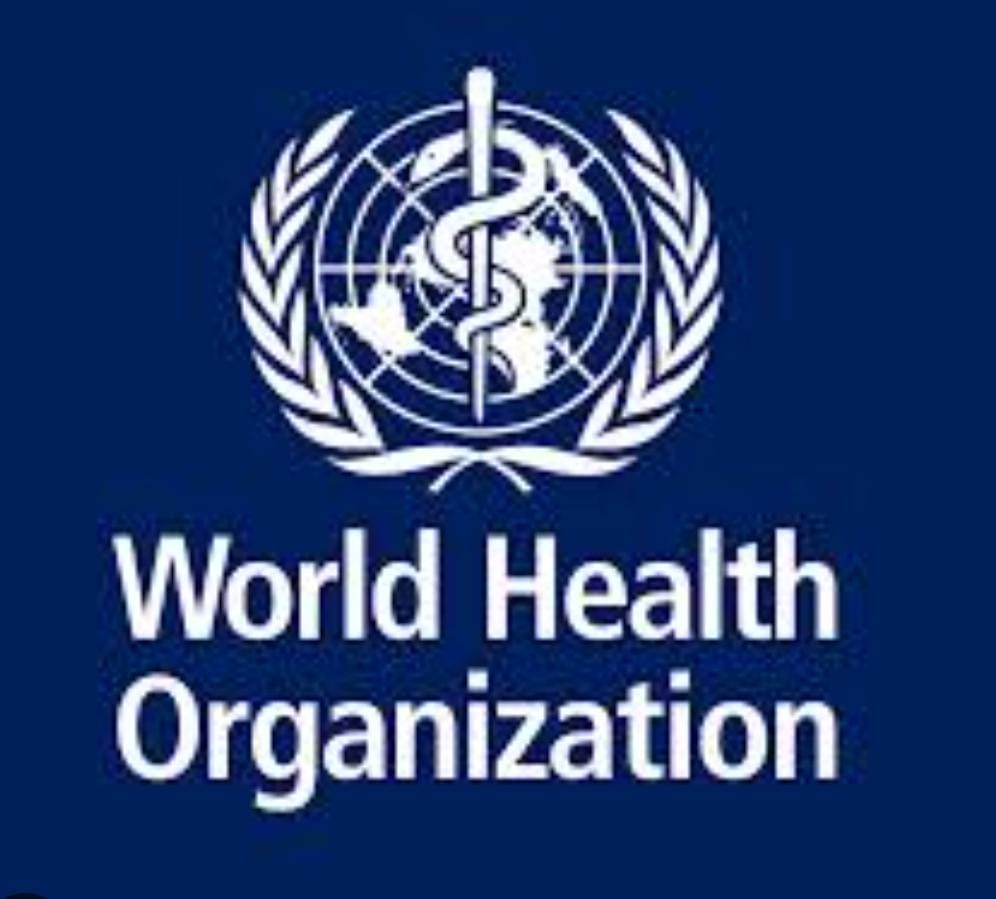The Universal Health Coverage, Life Course at the World Health Organization (WHO) has raised the alarm that climate change poses an existential threat to humanity.
It said pregnant women, babies and children face some of the gravest consequences of all.
Assistant Director, Bruce Aylward who noted this in a press statement ahead of the global Conference of the Parties (COP28) negotiations on climate change in Dubai, said children’s futures need to be consciously protected, which means taking climate action now for the sake of their health and survival, while ensuring their unique needs are recognized in the climate response.
Bruce said the year 2023 has been marked by a series of devastating climate disasters.
“Wildfires, floods, heatwaves and droughts are displacing people, killing crops and livestock, and worsening air pollution “
He said “An over-heating world is increasing the spread of deadly diseases like cholera, malaria and dengue, with dire consequences for pregnant women and children for whom these infections can be especially severe.
“Research shows that harm can begin even in the womb, leading to pregnancy-related complications, preterm birth, low birthweight and stillbirth. For children, consequences can last a lifetime, affecting the development of their bodies and brains as they grow.”
Also, UNICEF Deputy Executive Director for Programmes, Omar Abdi said the action on climate change often ignores that children’s bodies and minds are uniquely vulnerable to pollution, deadly diseases and extreme weather.
Abdi said “We do this at our peril. The climate crisis is jeopardizing every child’s fundamental right to health and well-being. It is our collective responsibility to listen and put children at the centre of urgent climate action, beginning at COP28. This is the moment to finally put children on the climate change agenda.”
The Partnership for Maternal, Newborn and Child Health (PMNCH) Board Chair and former Prime Minister of New Zealand, Rt Hon Helen Clark said all stakeholders, from governments to the private sector and civil society, including health care professionals, holds a critical role in championing policies and actions which protect the most vulnerable.
She said the urgency to integrate women, children and adolescent health needs into climate responses is not just a moral imperative, but an effective strategy with long-term benefits for resilient and healthy societies.




